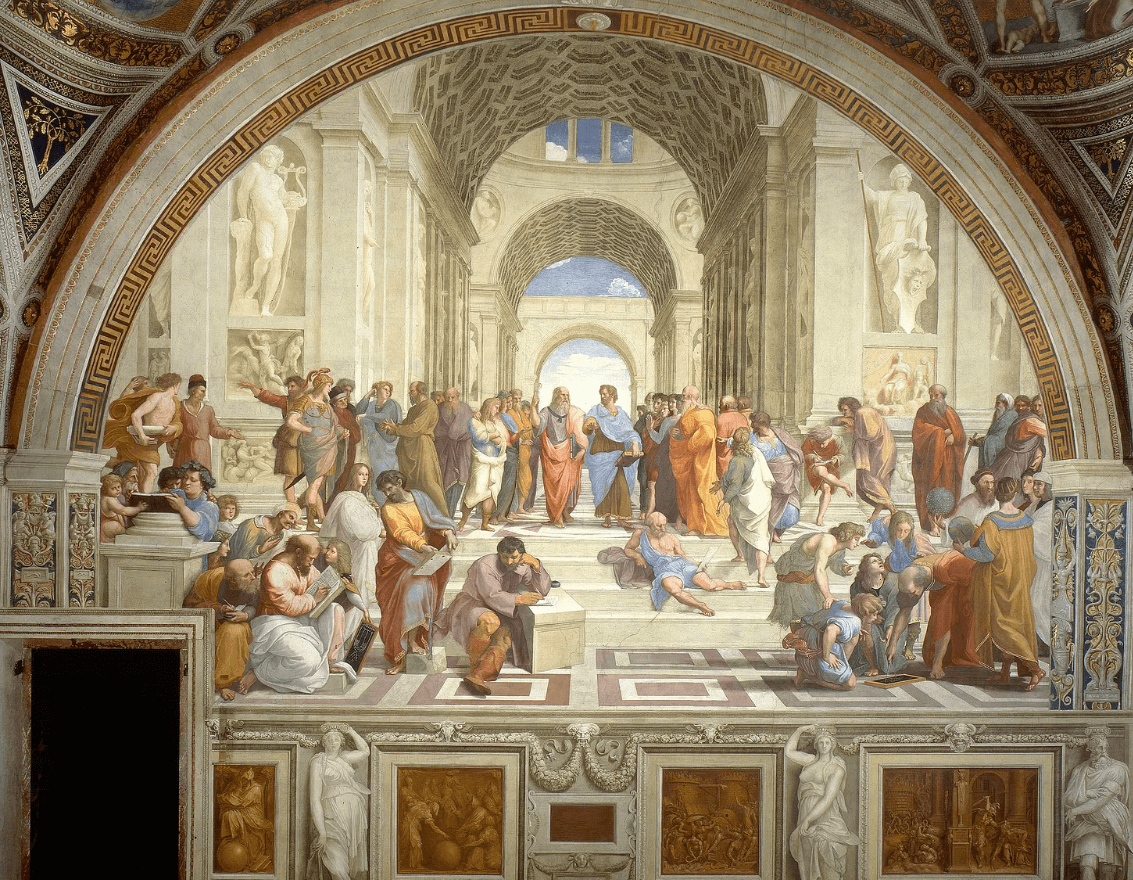The essay was originally by Shahid Nowshad on his blog
I decided to riff on a short Twitter thread I wrote recently, even though it feels like a crude, unpolished idea still.
At the broadest level, I think there are two coarse models of how domain knowledge grows.
View 1: Experts drive progress
Sounds obvious, right? The people who have been educated to the frontier of a domain are the ones who will push that frontier ahead… duh!
If that’s the case, things are going to look different in the coming years. In “Average Is Over,” Tyler Cowen describes how as computers play an increasing role in our lives and people become more specialized (a natural, healthy part of modern life), science becomes more unintelligible:
- In some (not all) scientific areas, problems are becoming more complex and unsusceptible to simple, intuitive, big breakthroughs.
- The individual scientific contribution is becoming more specialized, a trend that has been running for centuries and is unlikely to stop.
- One day soon, intelligent machines will become formidable researchers in their own right.
Fundamental contributions will be harder to achieve because it takes more time and effort to get to the frontier of something in the first place. There is simply “more you need to know” before you can make a breakthrough.
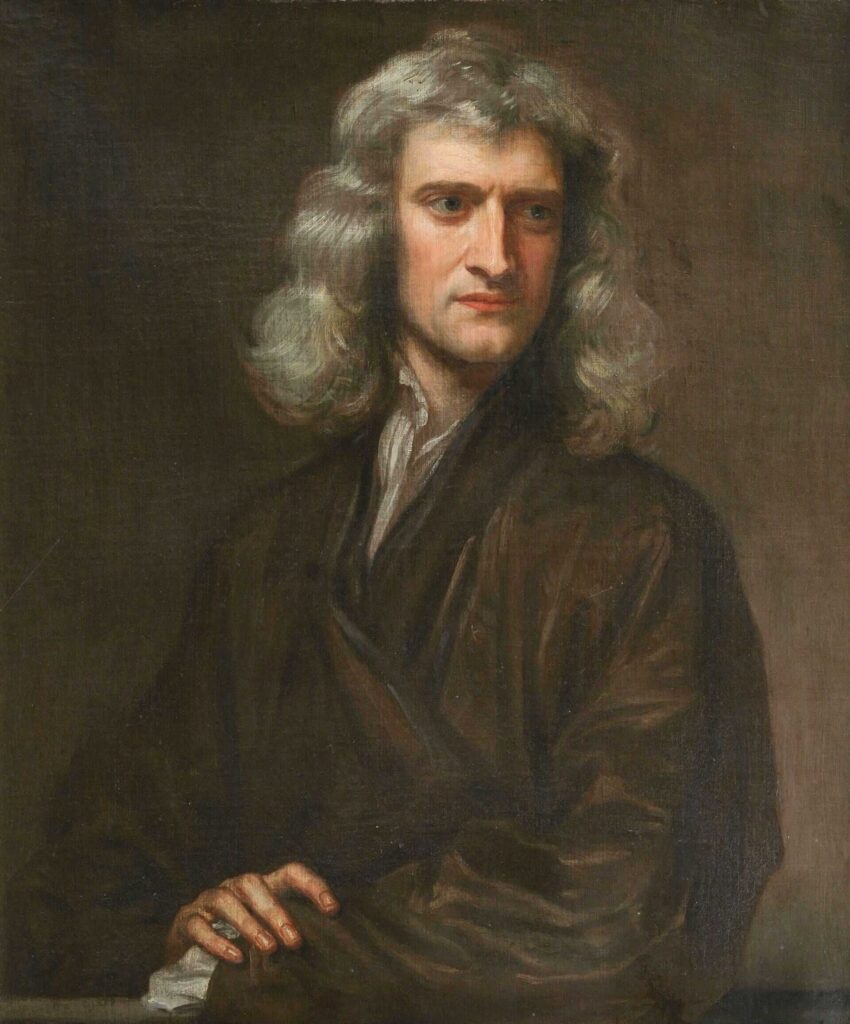
View 2: Outsiders drive progress.
But what if experts sometimes get in the way of progress, rather than drive it?
Richard Hamming describes this well in “The Art of Doing Science and Engineering.” By virtue of having spent so much time specializing in a field, experts are more deeply embedded in the assumptions that field makes, and thus oblivious to paradigm-shifting insights.
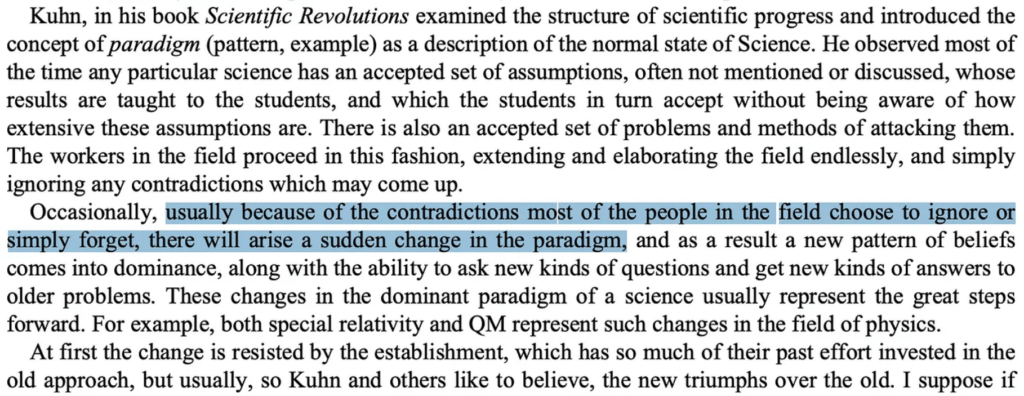
Because they have a “fresh” view of things, progress is often driven by outsiders!

Albert Einstein was working in the Swiss patent office during the legendary year that he published five seminal papers in physics. More recently, a big chapter of the Steve Jobs myth is his 1979 visit to the legendary research center Xerox PARC. This is supposedly where he discovered the graphical user interface, which was a key aspect of making computing accessible to the masses, and eventually led to the success of the first Macintosh. The very engineers who developed the GUI weren’t able to conceive of how it could revolutionize the world (or so the story goes).
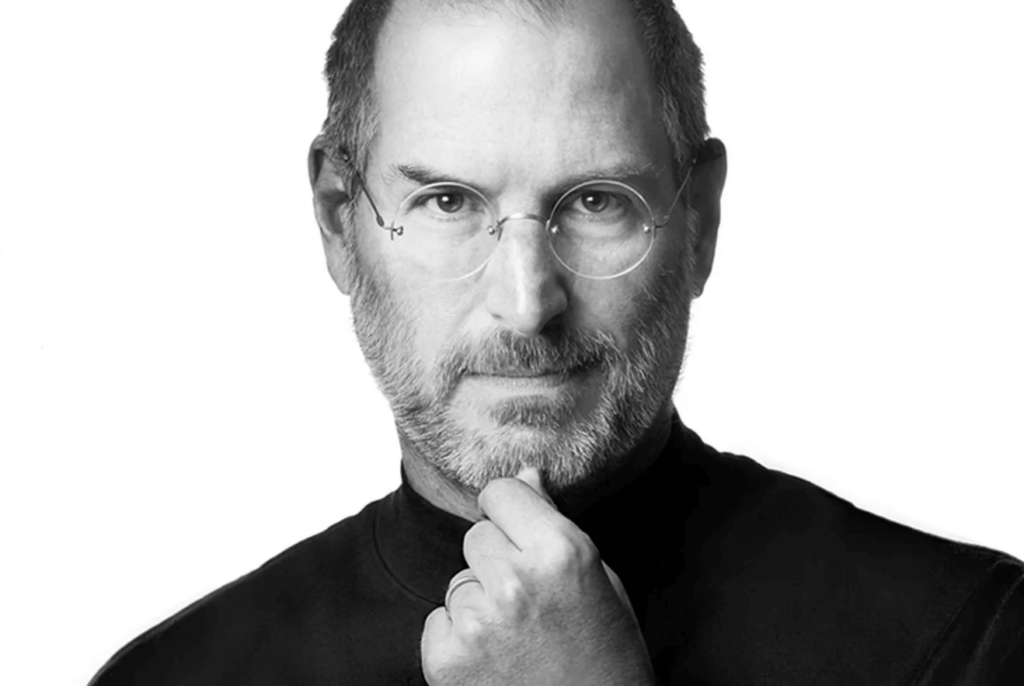
Synthesis: Knowledge growth via cross-pollination.
A corollary to the point that people are becoming more specialized: there are more things to specialize in than before!
Sure, fundamental contributions in established fields are harder to come by because the frontier is further out – but the field itself is also “spikier” than before. There are new subfields, new careers, new forms of specialized knowledge being created all the time! (If you had told the average person in the 90s that someday people would make a living out of streaming video games on the internet, would they have believed you?!)
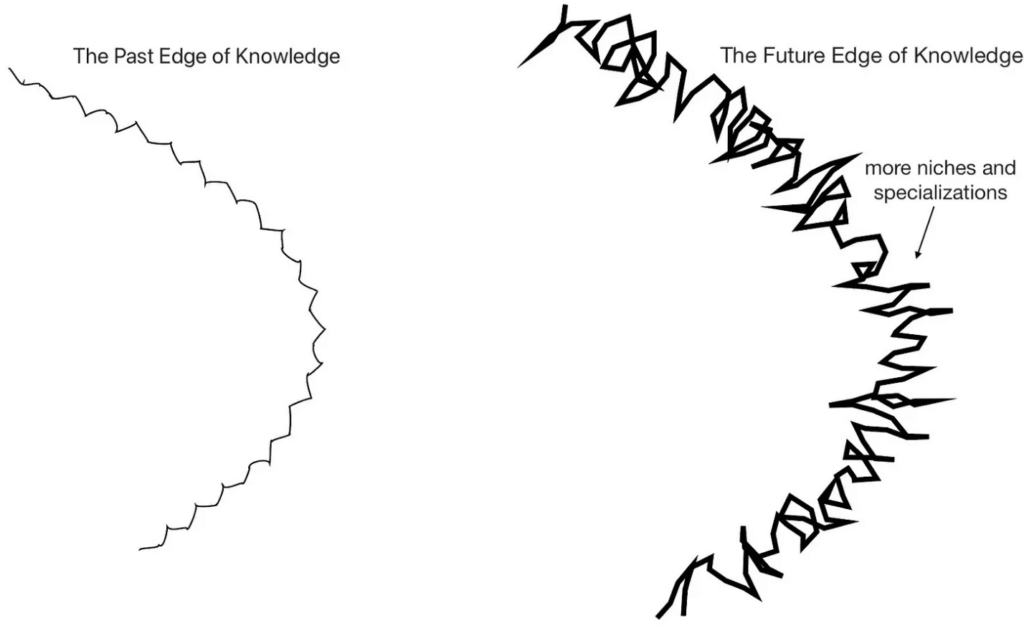
And like Cowen says, in a way this causes the world to seem more obfuscated. But in the vein of Hamming, the opportunity space for outsiders to provide paradigm-shifting insights into a certain field is higher than ever. The field of physics helped the field of archaeology with the problem of dating – these days, a problem in archaeology might borrow an insight from many more possible sources.
Future knowledge growth will be driven by a sort of “cross-pollination” of insights across different fields.
Each of us is a micro-specialist! As a rough synthesis of the two opposing views described earlier: I believe there are more people than ever who have expertise in their unique combinations of interests/skills, and who are thus well-placed to provide insights to other fields.

Each of us is a micro-specialist!
In a way, we’re all experts. We’re all educated to different extents in different areas – that means we all have unique insights to share. What is required of us is that we stay curious about the world around us, challenge the assumptions behind what we’ve been taught, relate those assumptions back to first principles, and think creatively about how we can relate our knowledge to the broader world.
Computability as the medium for cross-pollination.
Being computationally literate is an increasingly important part of modern education and work. Anecdotally, many people I know who were in school for non-computing majors tacked on some computing coursework to their programs (usually something related to computer science, data science, or analytics). It’s likely that if you have at least a master’s in any STEM or social sciences field, you have some basic coding skill and a rough sense of how data works.
My hunch is that eventually, most of us specialists will speak the common intellectual language of data and computability, and this common language will serve as the medium through which insights are transmitted across fields. I don’t know what this will look like exactly, but if I were to spitball for a second:
- maybe a certain chemical engineering process can be simplified into an algorithm, that a biotechnologist can learn from.
- maybe a historian graphs some data in a unique way, and a particle physicist notices that the curve looks similar to some data she worked with recently.
- maybe a microeconomist learns something new from trying out a certain Python library, that is typically used for machine learning purposes, on his dataset.
Again, I’m just thinking aloud. But I wouldn’t be too surprised if at least one of these held true!
Huge thanks to my friends: Fron for letting me bounce ideas off him, and Josh for reading a draft and sharing feedback.

